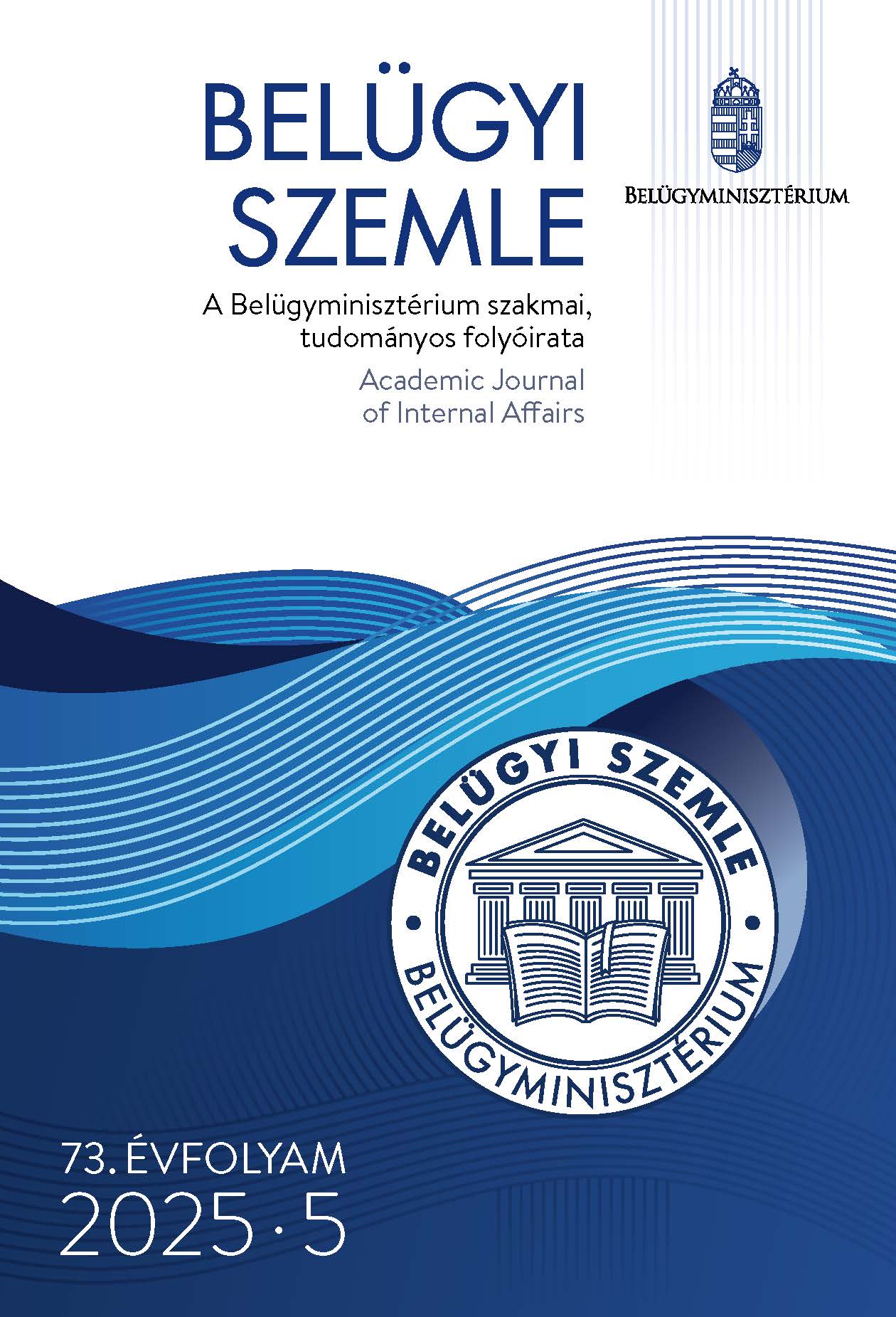Abstract
Aim: The purpose of the publication is to present the need for the improvement of information security awareness and its methods, as well as the most common forms of fraud in the last decade.
Methodology: The study synthesizes several domestic researches and technical articles.
Findings: The development of information security awareness is important for all age groups, as the majority of the population is connected to the Internet on a daily basis. This requires regular education and knowledge of current attack trends. It is important that in the course of education, in addition to theoretical knowledge, online users also acquire as much practical knowledge as possible that can be used in everyday life. In order to attract attention, it may be necessary to combine individual educational methodological elements.
Value: According to the author's intention, the publication helps to demonstrate the importance and necessity of improvement of information awareness.
References
Bak G., & Kelemen-Erdős A. (2022). Információbiztonság-tudatosság az Y generáció szemszögéből, kvalitatív megközelítés alapján. Had-mérnök, 17(4), 81–95. https://doi.org/10.32567/hm.2022.3.6
Bottyán L. (2021). Információbiztonsági tudatosság az iskolákban. PTE BTK NTI Dolgozatok, 9, 25–39. https://doi.org/10.15170/PTE.BTK.NTI.DOL.2021-09
Bubán M. (2018). Információbiztonság-tudatosság fejlesztése. EIVOK 2018 – VI. Erdélyi Informatikai Oktatási Konferencia, 1–6. https://www.hte.hu/documents/10180/4581406/EIVOK_6_BM_Információbiztonsági_tudatosság.pdf
Habók L. (2024). Az információbiztonsági tudatosság mérése-értékelése Bloom-taxonómiával. Pannon Digitális Pedagógia, 5(1), 18–44. https://doi.org/10.56665/PADIPE.2023.3.2
Herédi I. (2022). A kiberbűncselekmények felderítésének nehézségei. Belügyi Szemle, 70(1), 47–65. https://doi.org/10.38146/BSZ.2022.1.3
Legárd I. (2021). Az információbiztonsági tudatosság fejlesztési lehetősége egy gamifikált applikáció segítségével. Polgári Szemle, 17(4), 358–373. https://doi.org/10.24307/psz.2021.0726
Meggyesfalvi B. (2023). Kockázati tényezők a digitális térben. Belügyi Szemle, 71(12), 45–63. https://doi.org/10.38146/BSZ.2023.12.3

This work is licensed under a Creative Commons Attribution-NonCommercial-NoDerivatives 4.0 International License.
Copyright (c) 2025 Academic Journal of Internal Affairs

